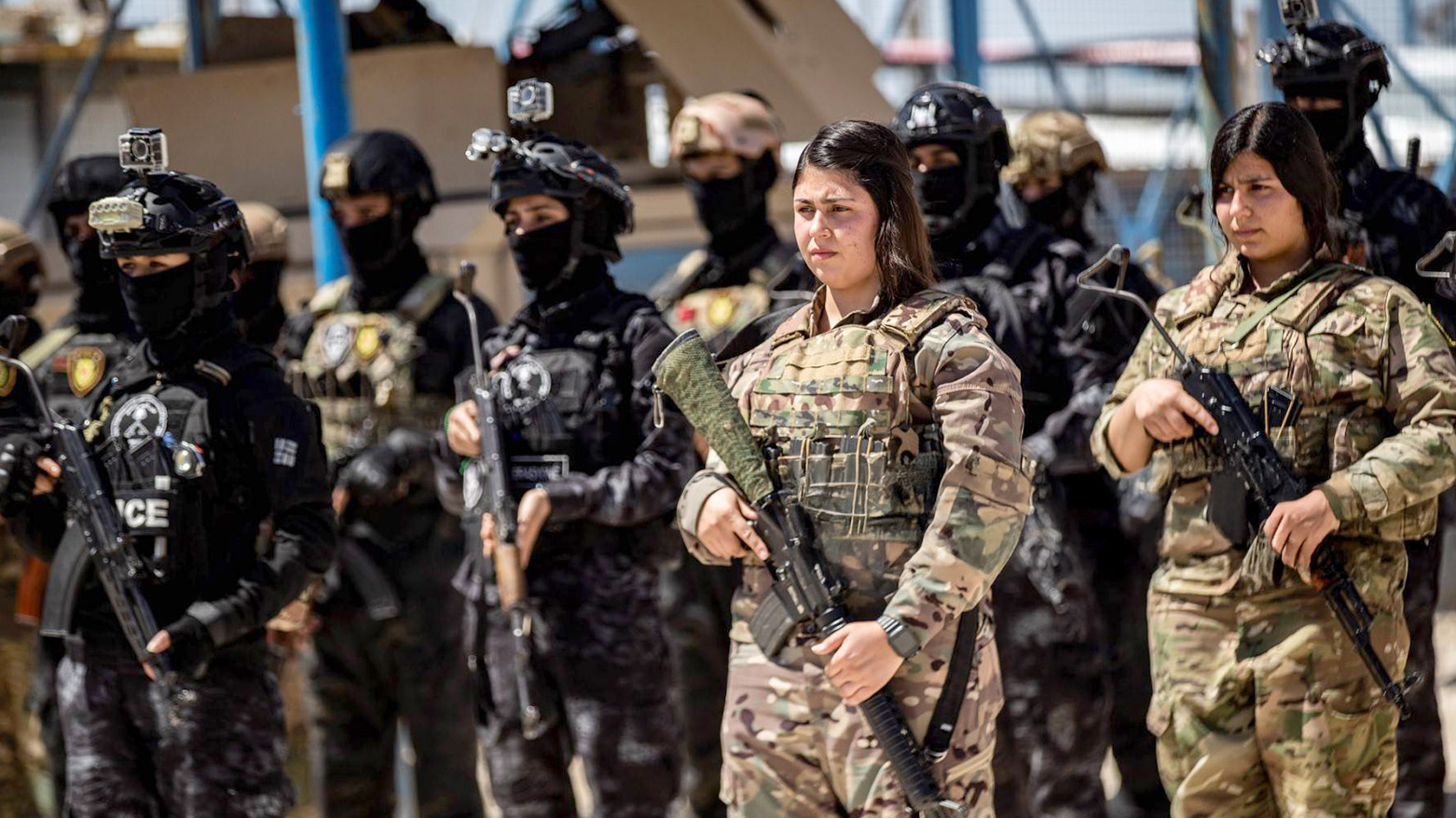Former Trump Adviser: Kurds Are the Most Powerful Non-State Force in Syria, Disarmament Unlikely
Ex-Trump advisor warns Syria's Kurds won't disarm without political guarantees, calling them 'most powerful force outside regime.' Urges federal model for Syria's diversity, citing Kurdistan region's example. Says US must protect pluralism to prevent return to oppression.

ERBIL (Kurdistan24) – In an exclusive interview with Kurdistan24, Walid Phares, former adviser to U.S. President Donald Trump, said that the Kurdish forces in Syria are the most powerful group outside the government and that talk of disarmament is detached from the complex realities on the ground.
Phares emphasized that Syria’s political future hinges on “mutual recognition” between the central government and the country’s diverse ethnic and religious communities. Without such recognition, he warned, Syria risks returning to the oppressive structures of the past.
A Federal Model for Pluralism
Drawing comparisons from global examples, Phares cited countries like Switzerland, Canada, Belgium, and even Kurdistan Region as models for multiethnic federalism. “If a country is multiethnic, multireligious, multiregional, and has gone through difficult times, the central government must recognize these components,” he said.
He added that recognition is not solely about constitutional arrangements, but about genuine intent from the central authority to embrace plurality. “The question of the day is whether the center will recognize the various regions,” he stated.
On the Ground Reality: Kurds Will Not Disarm
Addressing the topic of Kurdish disarmament in Syria, Phares said bluntly, “Those Kurds are probably the most powerful force on the ground in Syria outside the regime.” He noted that they have spent over a decade fighting terrorism, particularly ISIS, with U.S. support, and that expecting them to disarm without substantial political guarantees is unrealistic.
“People talk about disarming,” he said, “but when they come to reality… this is a force that has been trained and engaged against terrorists for ten years now. That is not something I think the U.S. will allow.”
Jihadist Threat and U.S. Role
Phares also voiced concern about the growing influence of jihadist groups within the current interim government in Syria. “If they do not reform, then their agenda is to reject pluralism in Syria,” he warned, citing attacks against multiple communities—including Alawites, Druze, Christians, and secular Arab Sunnis.
He called on the U.S. administration to take a stronger position against hardline ideologies. “If they want to lead Syria out of its current crisis, they need to make a clear statement—just as Gorbachev once did in dismantling the Soviet Union,” he said.
A Call for a New Political Path
Ultimately, Phares said the future of Syria rests on reciprocal recognition and political inclusion. “Mutual recognition could yield a new Syria,” he asserted. “No recognition will take you back to the Assad time.” He underlined that U.S. policy should focus on protecting pluralism and ensuring that communities like the Kurds are not sidelined in any future political settlement.
Phares concluded by calling for a balanced, rights-based political order, noting that only such a system could pave the way for a truly stable Syria.
